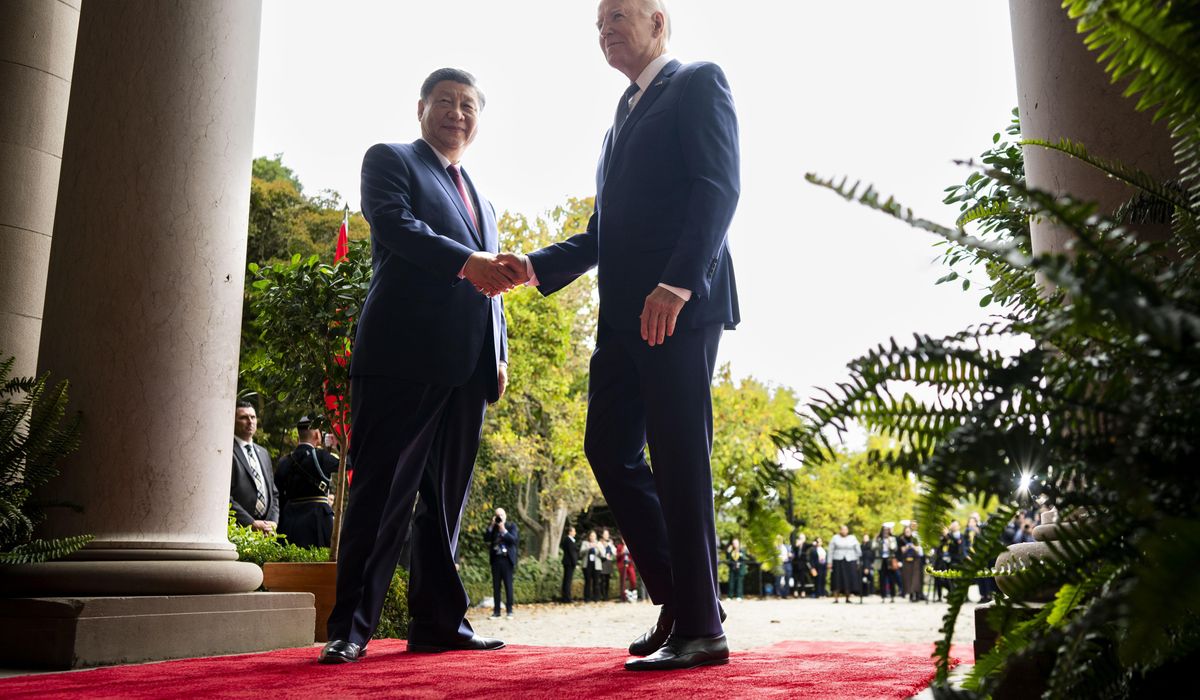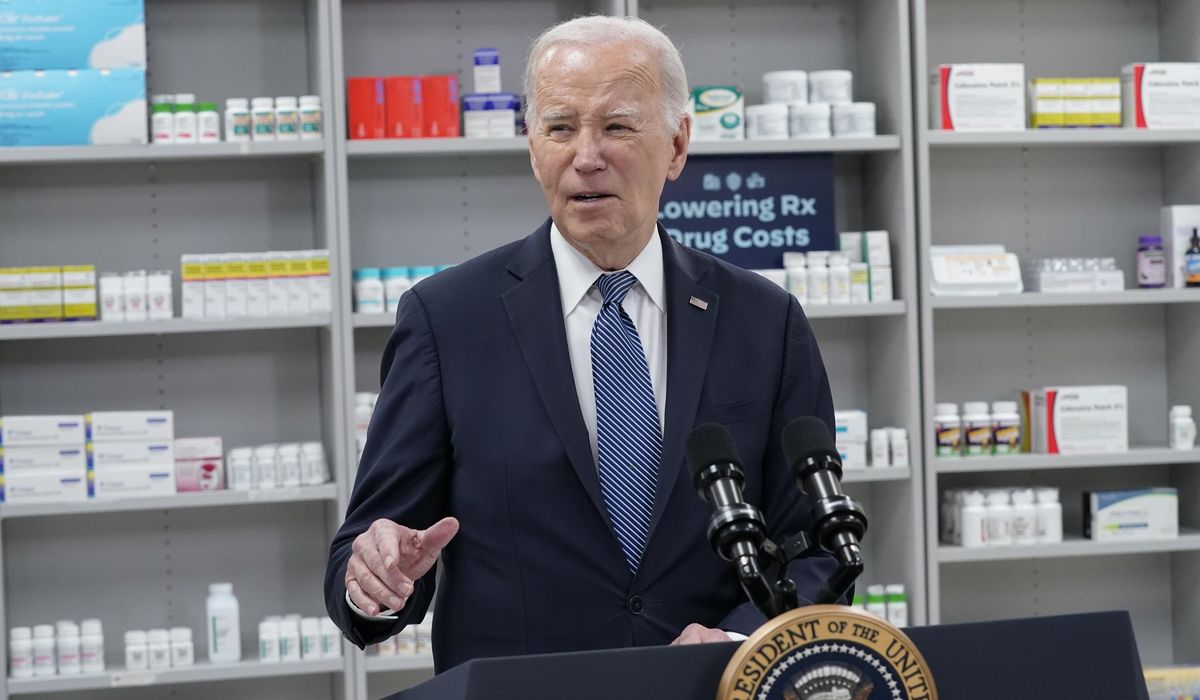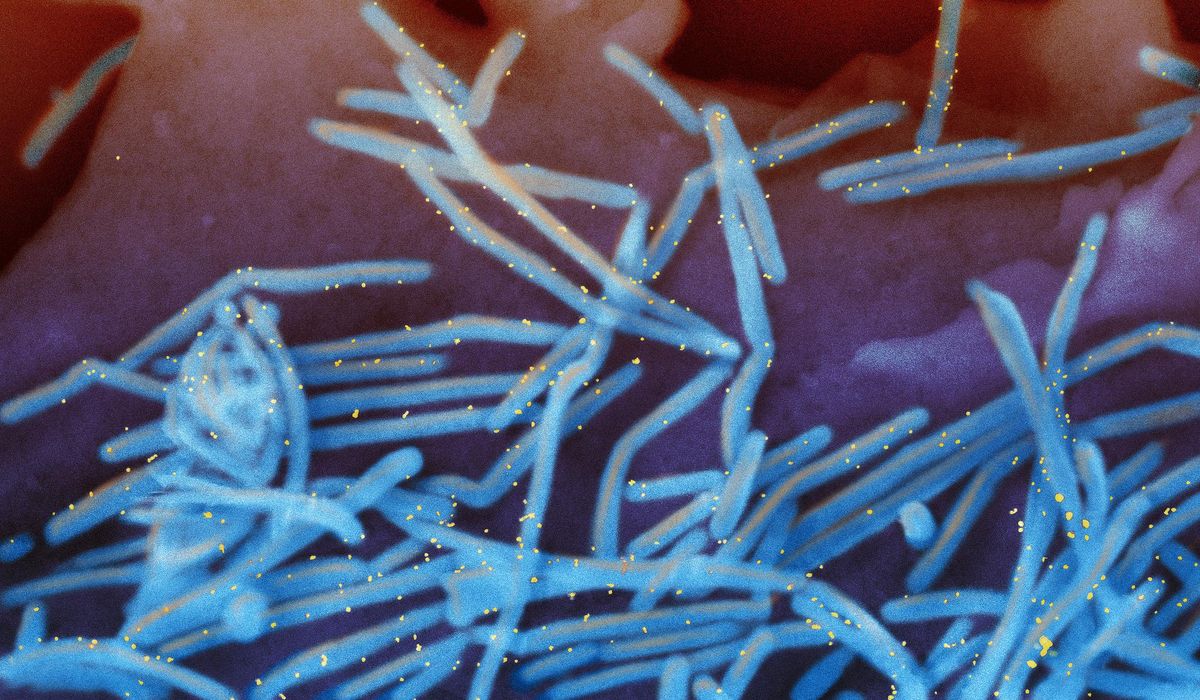China’s Pact Aimed to Diminish Fentanyl Influx to U.S., But Not End Overdose Crisis
November 16, 2023 | by Kaju

Experts believe that the recent actions taken by China will help decrease the flow of the lethal opioid fentanyl into the U.S. However, they also assert that this alone will not put an end to the overdose crisis that is claiming the lives of Americans at an alarming rate.
President Joe Biden and Chinese President Xi Jinping announced during a meeting in California that China has instructed its chemical companies to limit shipments of the materials used to produce fentanyl to Latin America and other destinations. These materials are largely processed in Mexico and then smuggled into the U.S.
Furthermore, China has resumed sharing information about suspected trafficking with an international database.
Adam Wandt, an associate professor of public policy at John Jay College of Criminal Justice, stated that these steps are a positive move, which, if not taken, would result in negligence. Nonetheless, while they are necessary in addressing the overdose crisis, they are not sufficient.
According to Wandt, the steps should reduce the amount of fentanyl in the U.S., although the timing of the impact depends on the quantity of chemicals already in the possession of Mexican cartels. Additionally, even if fentanyl is eliminated, he predicts that they will shift to a different, potentially even more deadly drug.
Kevin Roy, the chief public policy officer at Shatterproof, emphasized that the announced steps are crucial but need to be effectively implemented. He also expressed concern about the two nations not reaching any agreements on addressing drug money laundering through China, which was identified as a significant issue by Rahul Gupta, the director of the Office of National Drug Control Policy.
Fentanyl emerged as a significant problem in the U.S. around a decade ago, coinciding with a crackdown on opioid painkiller prescriptions that were already contributing to a surge in deaths.
In the early stages, fentanyl was primarily shipped from China to the U.S., easily concealed in envelopes and small packages. Its potency made it an attractive option for drug suppliers due to its ease of transportation. Moreover, as it is synthesized from chemicals in labs, it does not rely on the cultivation of crops like heroin, cocaine, or marijuana.
Following pressure from then-President Donald Trump, China agreed in late 2018 to clamp down on shipments of finished fentanyl and some of its precursors. Subsequently, more production shifted to Mexico while the raw materials continued to originate mainly from China.
Synthetic opioids now pose the greatest threat in the deadliest drug crisis the U.S. has ever faced. In 2014, nearly 50,000 deaths in the U.S. were linked to drug overdoses of all kinds. By last year, the total exceeded 100,000, with more than two-thirds involving fentanyl or similar synthetic drugs.
These powerful drugs are infiltrating various segments of the illicit substance supply within the U.S. They are found in counterfeit pills and cocaine, leading to overdoses in unsuspecting individuals. Additionally, they have become the primary supply in many areas, replacing heroin.
During a dinner in San Francisco, Xi expressed China’s sympathy for the American people, particularly the youth, for the suffering caused by fentanyl. Meanwhile, Biden highlighted that the agreement will save lives and lauded President Xi’s commitment to this issue.
Notably, the tone has changed from earlier this year. In April, a Chinese Foreign Ministry spokesperson criticized the U.S. for attributing the precursors to China, labeling them as ordinary chemicals sold through regular trade. Furthermore, China rebuked the U.S. over the summer for imposing sanctions on Chinese anti-drug efforts rather than acknowledging their contributions.
A pivotal aspect of China’s new announcement is the sharing of information on the drug trade. China has resumed submitting information to the International Narcotics Control Board for the first time in three years and agreed to establish a counternarcotics working group with the U.S.
Regina LaBelle, who directs the Addiction and Public Policy Initiative at Georgetown University’s O’Neill Institute and served as acting director of the Office of National Drug Control Policy under President Biden, stressed that dealing with fentanyl is significant. Nonetheless, it requires cooperation from other countries as well. Xi was scheduled to meet with Mexican President Andres Manuel Lopez, with whom Biden was also set to meet.
The rise of fentanyl across the U.S. has spurred intensified efforts to mitigate the danger. Naloxone, a drug that reverses overdoses, has become more widely available, including without prescriptions. Moreover, an increasing number of locations are permitting drug screening kits to enable users to detect the presence of fentanyl in their drugs. Harm reduction groups advocate for users to consume a small amount initially to gauge adverse effects and to refrain from using alone.
As LaBelle emphasized, investments in prevention, treatment, recovery, and harm reduction in the U.S. need to be bolstered moving forward to effectively address the issue.
___
Associated Press Reporter Didi Tang in San Francisco contributed to this article.
RELATED POSTS
View all


